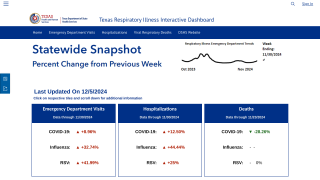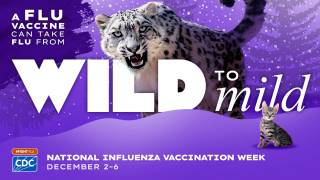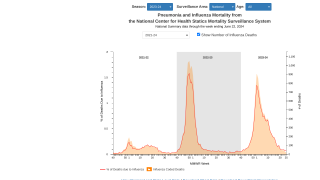Spontaneous Miscarriage Not Associated With Flu Shot

A new study reported there was no association between inactivated influenza vaccine (IIV) and spontaneous abortion (SAB), among women vaccinated in the previous season.
And, there was no association found between SAB and influenza vaccination in the other risk windows, or when vaccine receipt was analyzed relative to the date of conception.
These findings support the current Centers for Disease Control and Prevention (CDC)’s recommendations for influenza vaccination at any time during pregnancy, including the 1st trimester.
This study, published on September 17, 2019 in Vaccine, was a follow-up to a 2017 study by the same research group that unexpectedly found an association between receiving repeated doses of seasonal flu vaccine and miscarriage.
At the time, the research team said the effect might be unique to the seasons immediately following the 2009 pandemic and that they would do a follow-up study to examine more recent flu seasons.
"We are not saying this is a causal relationship," said James Donahue, DVM, Ph.D., MPH, a senior epidemiologist at the Marshfield Clinic in Wisconsin and the lead author of the study, meaning the data doesn't necessarily show that the flu vaccine causes miscarriages.
"There's no biological basis for this phenomenon, so the study represents something that wasn't expected."
For the new study, the team, using a case-control design, looked at data from 3 flu seasons in the Vaccine Safety Datalink (VSD) that use electronic health records to study vaccine safety.
There were 1,236 women included in the main analysis.
Of the women who were vaccinated against influenza in the previous season, the group found no association between vaccination during a 28-day risk window and miscarriage.
Also, the team found no association among women who didn't receive the flu vaccine the previous year.
And, no association was found between miscarriage and flu vaccination in other risk windows or when vaccination was analyzed in relation to conception date.
On July 5, 2019, the CDC said in a website statement ‘As always, health care decisions should be part of an ongoing discussion between healthcare providers and patients.’
‘The CDC recommends that any pregnant woman who has questions about vaccines talk to her health care provider.’
Flu Shot news
- Flu Vaccine Effectiveness Influenced By Oral Antibiotics
- Flu Shots & Antivirals Recommended For Children
- Flu Shot Recommendations Updated for 2019-2020
For additional information about the different types of flu vaccines, please visit the CDC.
Flu vaccines are available at most pharmacies in the USA, and financial support programs can be found at Vaccine Discounts.
The CDC says any vaccine can cause a side effect, which should be reported to a healthcare provider.
Influenza vaccine news is published by Precision Vaccinations
Our Trust Standards: Medical Advisory Committee
- Inactivated influenza vaccine and spontaneous abortion in the Vaccine Safety Datalink in 2012–13, 2013–14, and 2014–15
- Association of spontaneous abortion with receipt of inactivated influenza vaccine containing H1N1pdm09 in 2010–11 and 2011–12
- Flu Vaccination & Addressing Concerns Pregnant Women Might Have about Flu Vaccine Safety


























